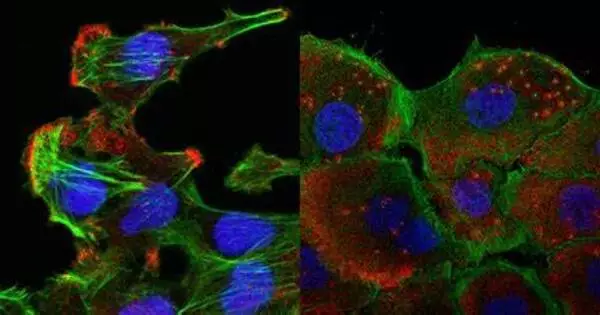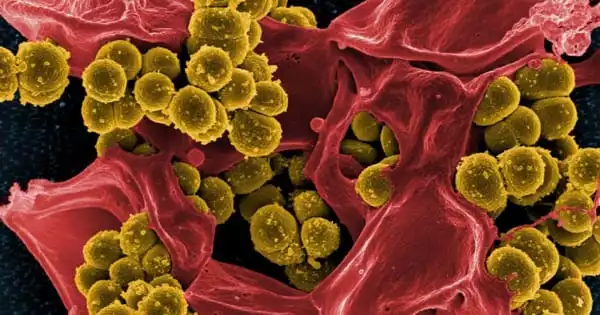Oncogenomics is a branch of genomics that studies cancer-related genes and their roles in cancer development and progression. It is a subfield of genomics that studies cancer-related genes. It entails analyzing the entire genome or specific genes to understand the genetic changes linked to cancer. It focuses on cancer genomic, epigenomic, and transcriptomic changes.
The term “oncogenomics” is a combination of “oncology,” the study of cancer, and “genomics,” the study of an organism’s entire set of genes. Cancer is a genetic disease caused by the accumulation of DNA mutations and epigenetic alterations, which leads to unrestrained cell proliferation and the formation of tumors.
Key aspects of oncogenomics include:
- Identification of Cancer-Related Genes: It seeks to identify genes involved in the initiation, progression, and promotion of cancer. Cancer cells’ genetic material is analyzed by researchers to identify mutations, amplifications, deletions, and other alterations that may contribute to cancer development.
- Personalized Medicine: It is essential in personalized medicine for cancer treatment. Doctors can tailor treatment plans to target the tumor’s unique genetic characteristics by understanding the specific genetic changes in an individual’s cancer cells. This method is more precise than traditional cancer treatments that are one-size-fits-all.
- Biomarker Discovery: Oncogenomics research seeks to identify biomarkers, which are specific genetic or molecular characteristics associated with cancer. These biomarkers can be used for early detection, prognosis, and treatment response prediction. They can also be used to develop new therapeutic agents as targets.
- Drug Development: Knowledge gained from oncogenomics is instrumental in the development of targeted cancer therapies. Drugs designed to specifically target the molecular pathways altered in cancer cells can be more effective and have fewer side effects compared to traditional chemotherapy.
- Understanding Tumor Heterogeneity: Cancer is often characterized by genetic heterogeneity, meaning that different cells within a tumor may have distinct genetic profiles. Oncogenomics helps researchers understand this heterogeneity, which is critical for designing comprehensive and effective treatment strategies.
Oncogenomics seeks to discover new oncogenes or tumor suppressor genes that may provide new insights into cancer diagnosis, cancer prediction, and new targets for cancer therapies. The success of targeted cancer therapies such as Gleevec, Herceptin, and Avastin raised hopes for oncogenomics to identify new cancer treatment targets.
The advancement of high-throughput sequencing technologies has greatly accelerated progress in oncogenomics, allowing researchers to examine the cancer genomic landscape at much higher resolution. As a result, oncogenomics has emerged as an important field in cancer research, with the potential to transform cancer diagnosis and treatment.
















